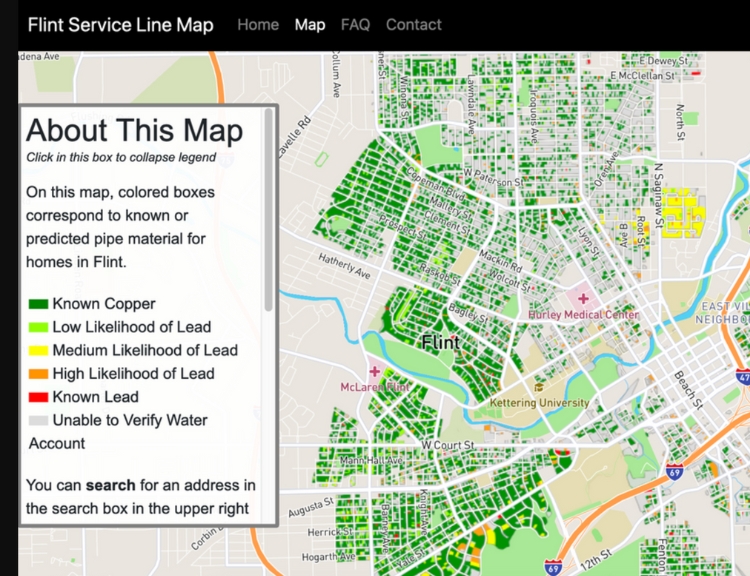Jacob Abernethy at Georgia Tech and his colleagues built an AI to predict which homes are likely to be connected to a lead pipe. They drew on work by a separate team that digitised old city plans and more than 140,000 handwritten records of building work in the city.
The system catalogues 71 different pieces of information for every property in Flint, such as the age, value and location of the home. By training itself on properties where lead levels had been measured, the algorithm could predict other homes that were likely to have lead pipes.
Before the AI was developed, homes were selected for pipe replacement based on educated guesses and around 20 per cent of the pipes dug up turned out not to be made of lead, wasting time and money. “We had no good way of doing it, frankly,” says Michael McDaniel, who was in charge of the initial pipe replacement programme.
Now, the AI system can produce a list of properties suspected to have lead pipes with a 97 per cent success rate. This amounts to a saving of $10 million, enough to make safe an additional 2000 homes.





